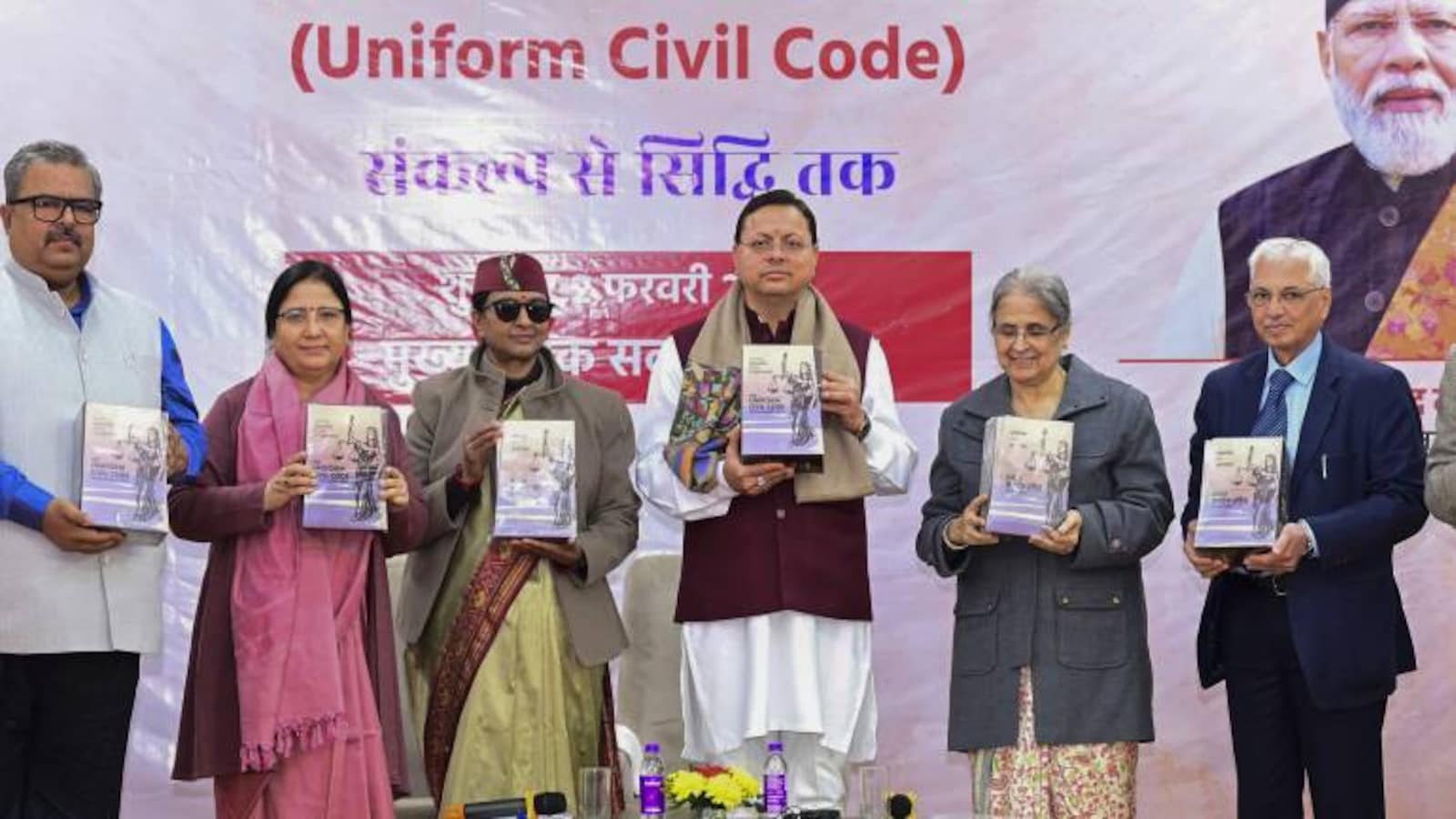Another BJP-ruled state, Rajasthan, is considering the implementation of the Uniform Civil Code (UCC). Ministers in Rajasthan have signaled their intention to table the UCC Bill in the upcoming Assembly session after the Lok Sabha polls.
Full Story:
Rajasthan’s School Education Minister, Madan Dilawar, expressed the government’s commitment to the Uniform Civil Code during discussions with journalists on Tuesday. Emphasizing the need for a uniform law that applies to everyone, Dilawar stated, “There should be a uniform law for everyone. Different laws for people damage the people and the unity is not visible. The entire country should be united.” This sentiment aligns with the core principle of the UCC, aiming to provide a unified legal framework irrespective of an individual’s religious background.

Source: Moneycontrol
Kanhaiya Lal, the Cabinet minister for the Public Health Engineering Department (PHED) in Rajasthan, echoed the support for the UCC. Lal affirmed that the government would discuss the matter with the Chief Minister, expressing his personal desire for the UCC to be implemented not only in Rajasthan but across the entire country. He stated, “We will try to be the second state (to pass UCC).” Lal acknowledged that the current session might lack sufficient time for the UCC discussions but indicated plans to bring it forward in the next Assembly session around “June-July.”
Minister Dilawar, in a letter to Gujarat activist Tanzeem Merani, disclosed that the establishment of a Draft Committee for the Uniform Civil Code would soon be on the agenda for a cabinet meeting. The letter assured that subsequent actions would be taken following constitutional processes. This reveals a systematic approach by the Rajasthan government towards the UCC implementation, underlining the importance of procedural adherence in such significant legal reforms.

Source: Hindustan Times
The recent tabling of the UCC Bill in the Uttarakhand Assembly serves as a precursor to Rajasthan’s potential implementation. While Uttarakhand’s bill exempts Scheduled Tribes from its purview, it proposes a comprehensive law covering marriage, divorce, inheritance of property, and live-in relationships for all citizens, regardless of their religious affiliations. Rajasthan appears to be drawing inspiration from Uttarakhand’s proactive stance on the UCC, showcasing a trend among BJP-ruled states towards legal unification.
The UCC, as proposed by Rajasthan, aims to foster inclusivity by providing a common legal ground for diverse communities. While respecting individual beliefs and practices, the UCC seeks to simplify legal complexities and eliminate disparities in personal laws.



















































































